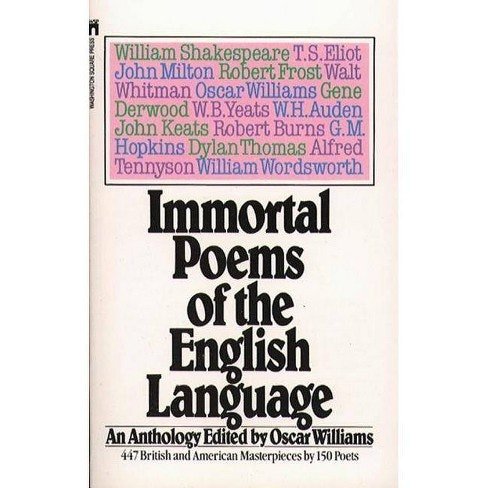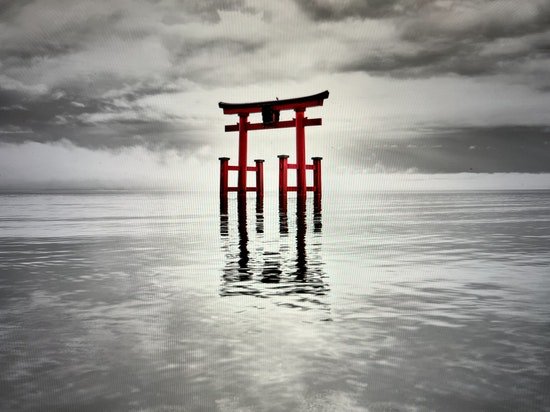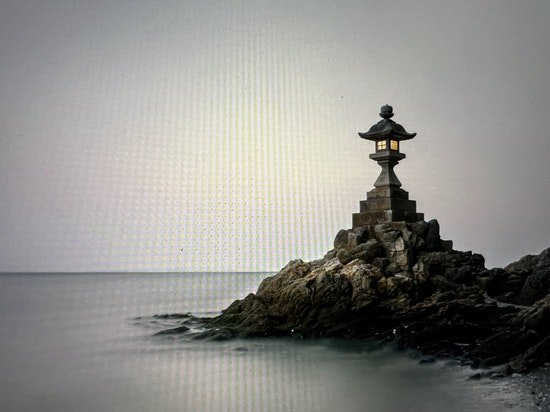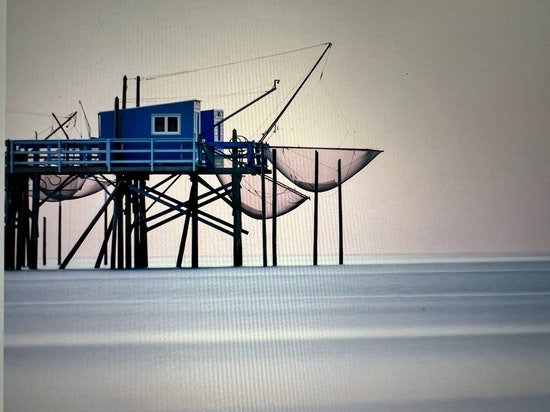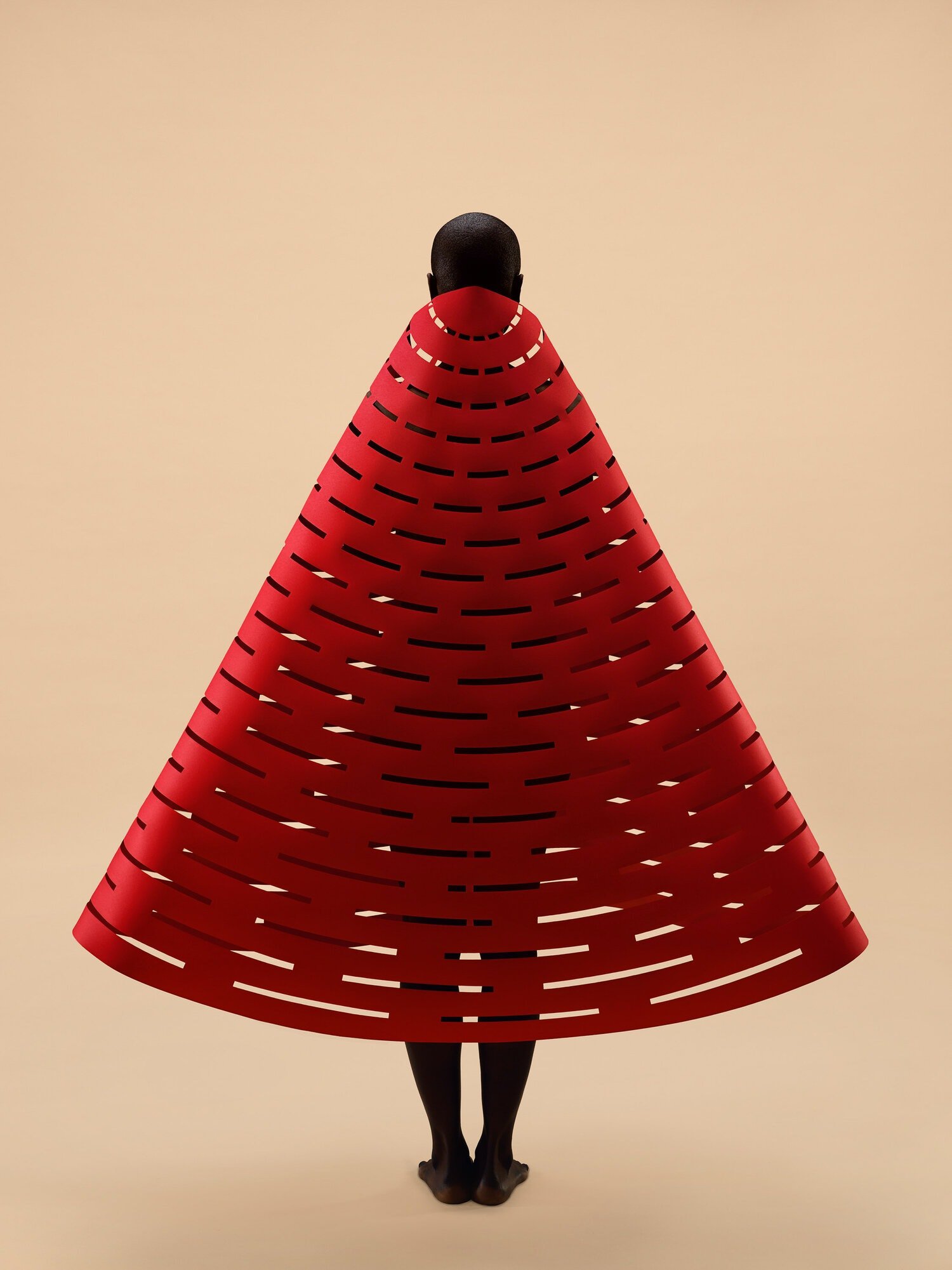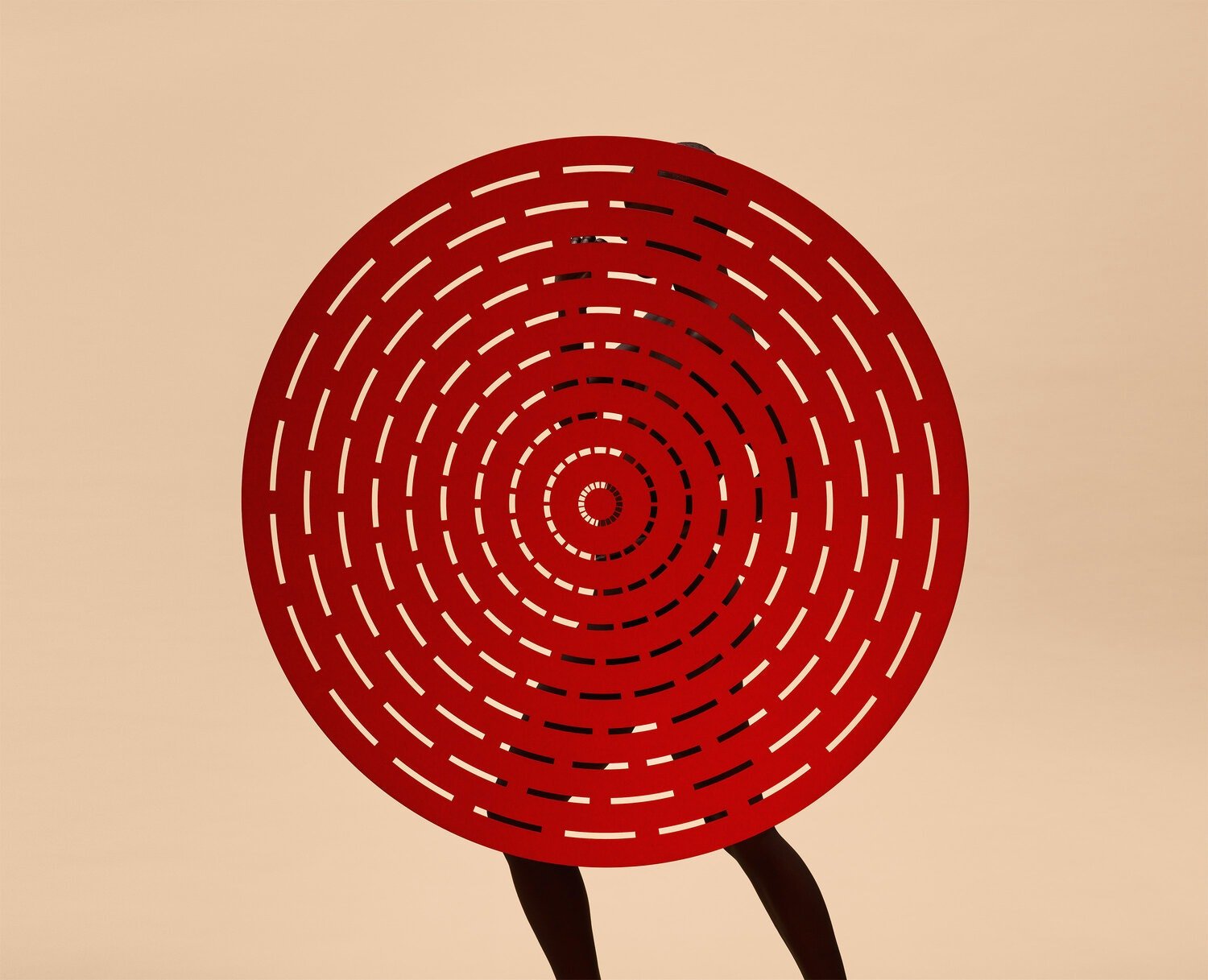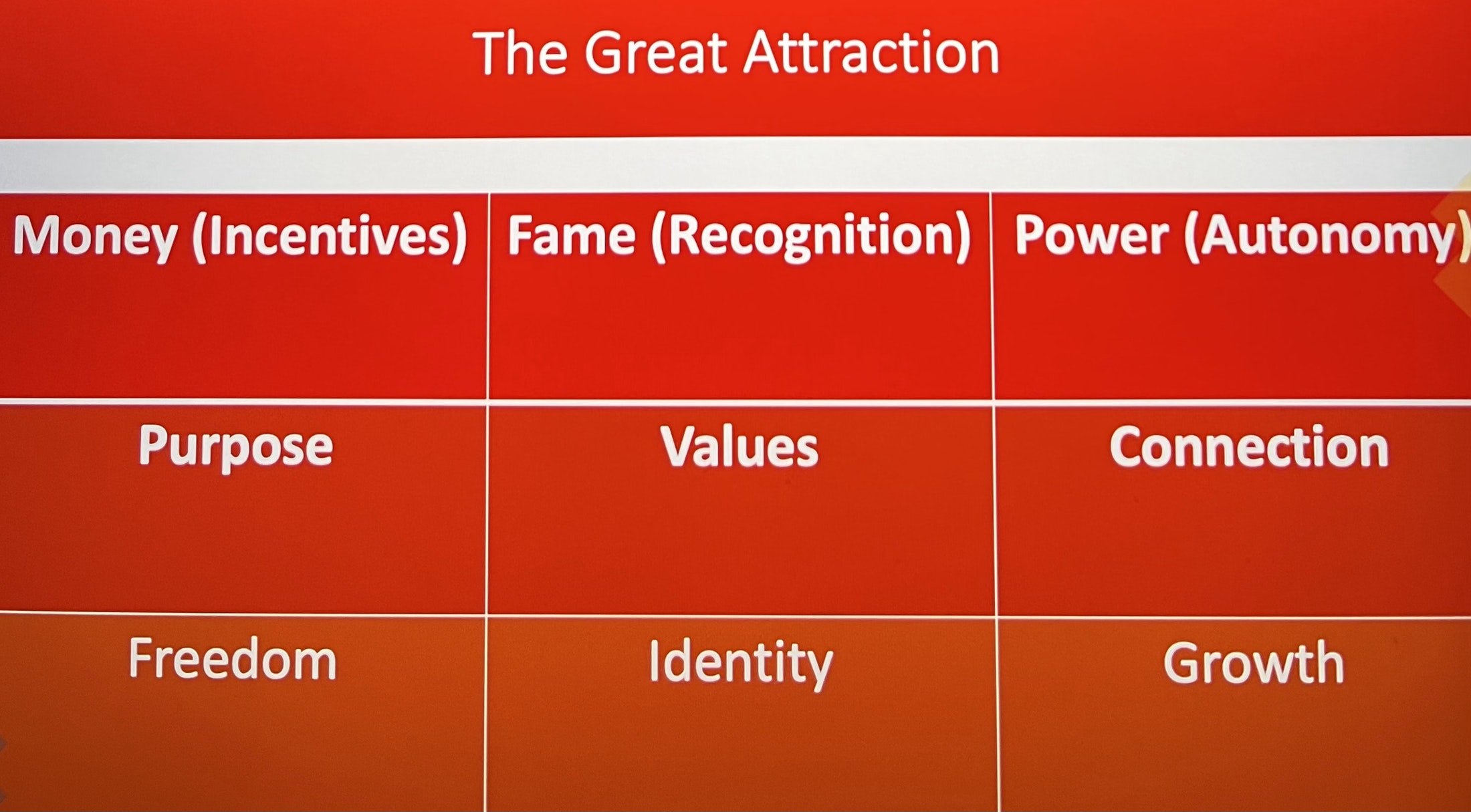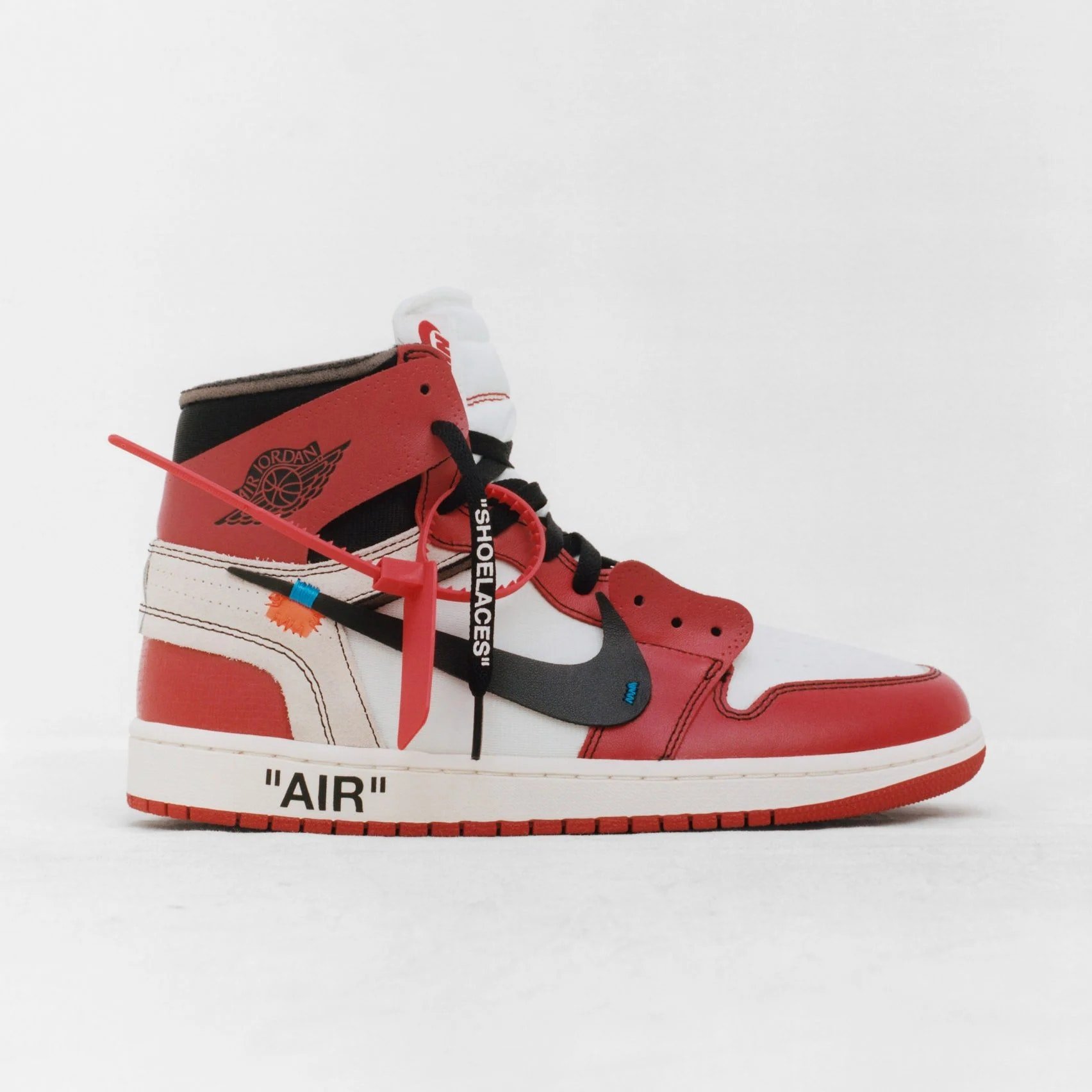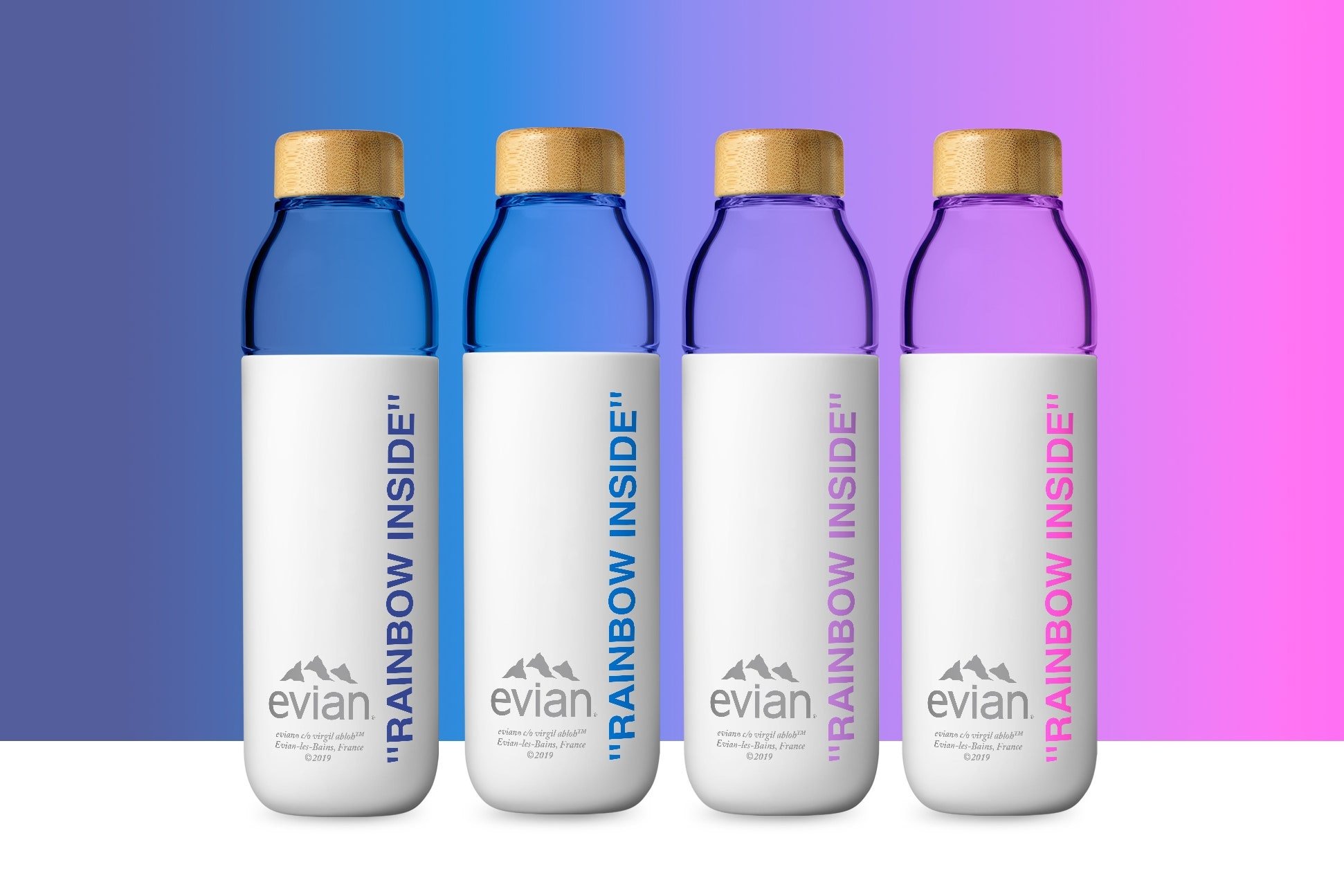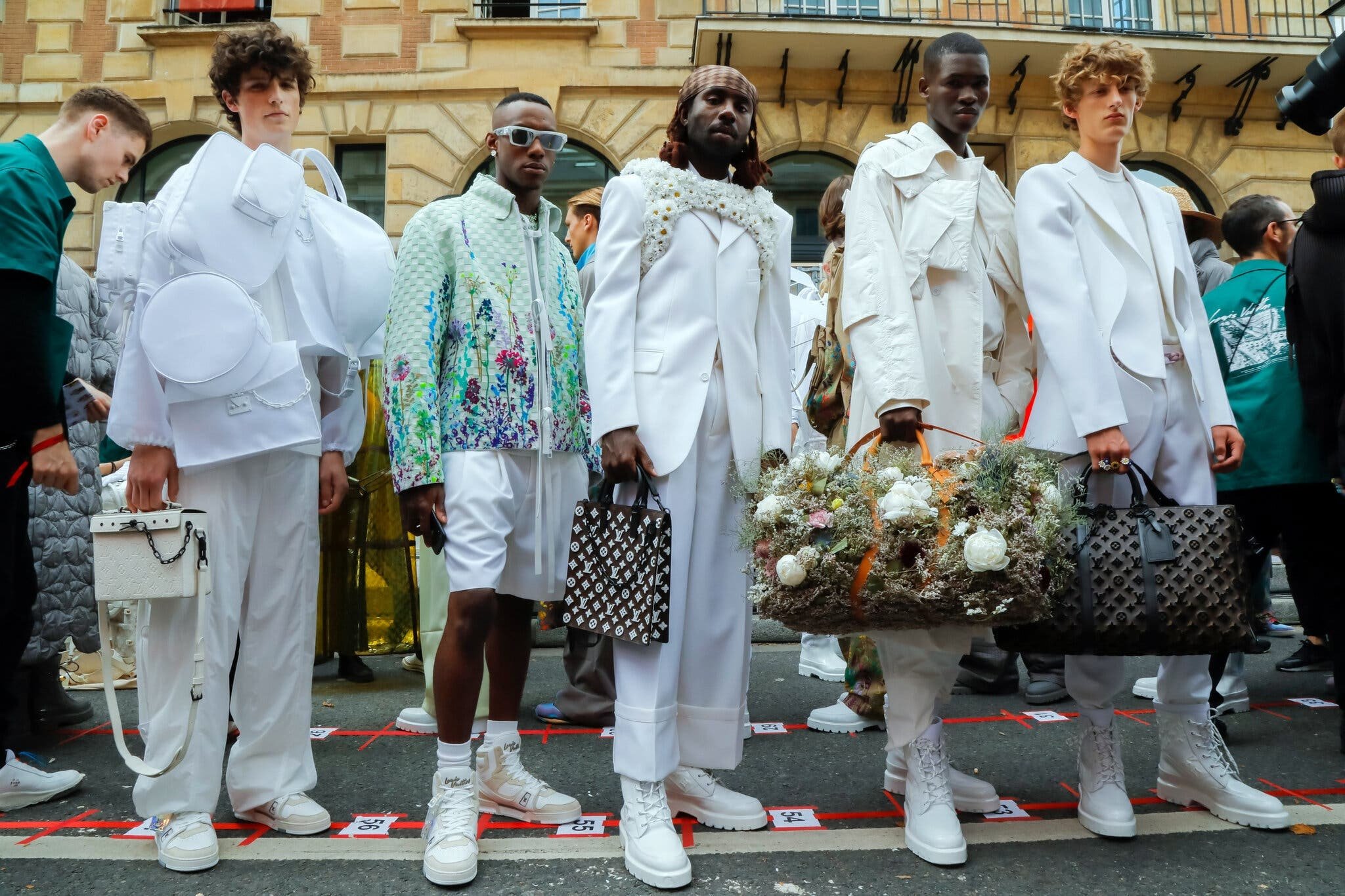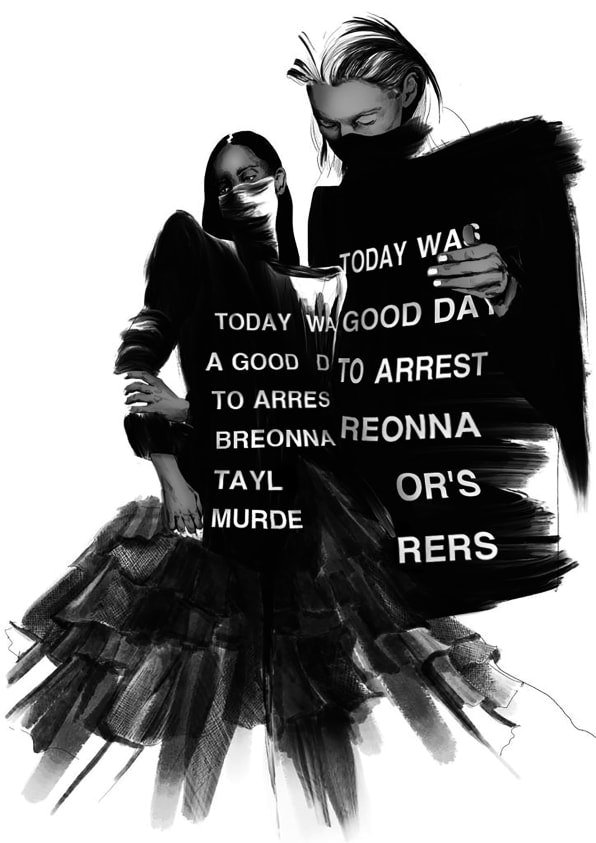Six Ways to Be and Feel Better
It is 2022 and all of us are coming off two challenging years.
We all hope and wish for better times and make new resolutions to improve and grow ourselves.
Here are six ways (none of them requiring a gym membership, going on diet or giving up anything_ that any person of any age anywhere in the world can do whenever they wish to now or in the future !
1. Accept the 3Ls of loss, love and learning.
When you live your life are there some underlying beliefs and truths that drive you or you measure yourself against? If we are to grow, where are we trying to go?
I have long believed that if there is a competition it is not with other people but to get better every day and to get closer to what you believe or your ideals.
Your success is not housed in other people’s minds (what they think of you) but in their hearts (what they feel about you) and in your mind (what you think of yourself).
In many ways Life is about Loss, Love and Learning (the 3 L’s)
Loss is central to the human experience in three ways. The first is we often lose in our attempts to succeed. We lose pitches, Clients, jobs, and opportunities. Many times, we win. Some people win little, and others win a lot. But we all lose. But these losses are not the big ones. The second bigger losses are the losses we will face of loved ones and friends either because relationships end, or death comes, and our final loss is that of our lives.
How we live amidst this loss defines a large part of life.
The joy we make is because time is precious, and this moment of victory may not last forever. Given that loss is part of human existence it pays to be kind and to think about how to help those in loss for do not ask for whom the bell tolls since it tolls for you.
A big part of what makes life worth living despite the guarantee of loss is the hope of love and joy of learning. Love of people, of work, of art, of culture. Love may not compute but computers do not love. There is a great deal of progress made over generations on who one can love, the ability to do things one loves and because of modern technology to be exposed to new worlds, horizons, and things to love.
And learning is particularly joyous. Learning in its first form is building knowledge. With great knowledge and practice we build skills and craftsmanship. Learning to see things from other perspectives gives us understanding. Sometimes if we are lucky, we can graduate from knowledge, skills and understanding to wisdom.
2. Be Open.
Today, like never, there is a pull towards being closed.
Our online media diets tend to be polarized as streams of algorithmic feeds optimized to engage, addict and make us feel good about ourselves may leave us believing that the stink of some of our more flatulent thoughts have the aroma of Chanel No.5
Many politicians want to build walls, exit multi-state treaties and organizations, demonize the other, look away from reality, facts, and truth.
Nationalism rises despite all the big challenges and opportunities are global in nature.
Let us start with the letter C.
Covid-19 is global. Climate Change is global. China’s impact is global.
Two new books (one looking back and one imagining forward) build the case for openness.
The Economist which reviewed Johan Norberg’s book says…
“Open” is clear, colorful, and convincing, marshaling evidence from a range of eras and civilizations. The Roman Empire ceased to prosper when it ceased to be open. Christianity became the established religion and sought to crush all others. “This new intolerance…led to vicious conflicts…between Christians and pagans, who saw their old gods being banned and their temples torn down.” Persecuted pagans joined Rome’s enemies, even welcoming barbarian invaders as liberators.
Human history, in Mr. Norberg’s telling, is a cacophony of drawbridges being lowered and then raised. Mathematics and medicine flourished under the cosmopolitan Abbasid caliphate but froze when religious conservatives won control. By driving out Jews, Muslims, and heretics, he argues, the Inquisition helped impoverish Spain (between 1500 and 1750 the Spanish economy actually shrank).
Matthew Yglesias imagines forward and builds the case that if the United States wishes to be a dominant power in the future when facing a billion strong China (about to become the world’s largest economy in five years) or a fast growing billion person India it should be far more open to immigrants and even with 600 million new people, we will be less dense than France or Germany are today.
As someone who grew up in India and has been to 22 cities in China I am not sure why their rise should be an issue because the world is not a zero sum game except for the small minded. Up to 200 years ago these were the world’s largest and most powerful economies but a combination of colonization, strange politics and most importantly a failure to innovate and keep up with Science and Technology set them back. But, if the US is to remain as amazing as it has been it needs to remember its roots are in immigrants, a love of science and technology and freedom of thought and innovation all connecting with each other and the world.
Be Open. To other ideas. To other perspectives. To other people. To other cultures.
3. Mind the gap.
Some time ago I attended an online talk from London by Alain de Botton of The School of Life. He talked about his new book “An Emotional Education”, noting that while many people teach skills and expertise very few people focus on how to live an emotional life. He decried much US self-help books that believe in the achieving perfection and having it all.
Today in the Instagram age so many of us try to be pixel perfect. But life is not pixel perfect.
In fact, most of life is “minding the gap”. The gap between who we are and what we want to be. The gap in communication between any two people. The gap between what we say/project externally and what we believe/live with internally.
The most contented people tend to be those who have narrowed this gap or being aware of it find ways to accept that life is incomplete, imperfect, often incomprehensible. They are authentic, trustworthy, happy within themselves not needing constant external validation and have strong relationships and connections with people. They are vulnerable, empathetic, and constantly growing (often making mistakes as they do).
There are others who project power, fame, and wealth but you begin to see that often many have the warmth of a toilet seat, all the external validation they have or seek does not fill the chasm of emptiness that echoes with hollowness and this truth burns and eats their inside even as they smile and blow kisses on the outside.
So, what to do?
George Saunders the Author said “Err in the direction of kindness”
Today in the world we have much rage.
So, best be kind.
Kind to others and to yourself.
This is one way in helping mind the gap.
4. Compound Improvement.
The single most powerful concept in Finance is that of compounding.
Compounding interest and compounding returns can over time create wealth or lead one to bankruptcy depending on whether you owe or own capital.
If you start with 12,000 dollars and add 1,000 dollars a month every month for 30 years and it grows at 10 percent, you have just under 2.5 million dollars. The key is you set aside a small sum every month for a long time.
In a world of change we all may want to consider another way compounding can help us grow in changing times and drive mental, emotional, and even financial wealth which is compounding improvement.
If a company can only change and transform if its people change and transform, we should each invest in upgrading our own mental and emotional operating systems.
There is so much we cannot control in a world driven by global, demographic, social and technological change but instead of being buffeted about helplessly in a sea of chaos maybe we can try to control and build our ourselves to be better.
Three ways on how you might start this very minute begin to embrace Compounding Improvement
a) Discipline equals Freedom: This is the title of a book by Jocko Willink, a Navy Seal. Basically, if you want to get a grip on the world get a grip on yourself.
b) Invest an hour every day in learning: The world is changing so fast that many of your skills and expertise and mindsets need continuous upgrading. While many of us set aside time to exercise to maintain our physical operating system we need to also feed and exercise our minds. The power of this habit is that at the end of a year you will have spent 365 hours learning new things by just doing one hour a day. You will gain compound returns to thought!
c) Deliberate Practice: Professor Anders Ericcson who passed away last year wrote a book called “Peak” which is the best study of deliberate practice. Deliberate practice involves three components 1)immediate feedback, 2)clear goals and 3)focus on technique. According to his research, the lack of deliberate practice explained why so many people reach only basic proficiency at something, whether it be a sport, pastime, or profession, without ever attaining elite status.
5. Improvise like Jazz.
We are living in a jazz age and not a classical one.
In classical music —particularly orchestral music—there is a conductor that musicians follow, sheet music one sticks too and a hushed auditorium one sits in.
Jazz on the other hand is a mix of classical, swing, blues and much more but at its heart it’s about improvisation. It is about playing off each other. There is no conductor. Rare is there a hushed auditorium but more likely a noisy club or the anguish of a lonely saxophone in a subway station.
Today we are living in a diverse, global, and connected world where we have to work together, we have to fuse our different cultures and beliefs and constantly adapt and improvise
6. Read Poetry.
I have over 80 books or shelf and a half of Poetry books at home each of which I have significant parts over the past decades.
Why?
Here are how some Poets have explained the importance of poetry (I have picked different lines from different poets) …
Perhaps you have been banged about by recent events. It can help to say words, walking helps. Poems help.
The meaning of poetry is to give courage.
Poems restore to us what is deepest in ourselves. It consoles us.
Greatest poetry is written at the borders of what can be said. It makes a strong effort at expressing the unsayable.
Poems are perfect words in perfect order.
They help us see and feel as these lines which I have extracted from different poems by James Wright’s book “The Branch will not Break” which all describe dusk in a Midwest prairie farm. Each line is filled with a new way of seeing and whenever I am driving in the evenings outside of Chicago, I sense things differently because of these lines. The sensing and seeing also helps me in my writing, my photography and in paying attention…
Noticing matters.
Silos creep away toward the West
The cow bells follow one another into the distances of the afternoon
The sun floats down, a small golden lemon dissolves in the water
The moon suddenly stands up in the darkness
The moon drops one or two feathers into the field. The dark wheat listens.
And poems remind us of the passing of time…
Time is an echo of an axe within a wood
The sunlight in the garden hardens and grows cold, we cannot cage the minute within its net of Gold
But one day I know it will be otherwise…
Story. Place. Loss.
Photography by Team Hocking
Earlier this week, Joan Didion passed away at the age of 87.
She was an accomplished screen writer, novelist, journalist, and essayist who sculpted sentences that combined precise words infused with feeling.
Three themes that echoed through her work were that of story, place, and loss.
As we end 2021 Joan Didion’s writings can help us understand the time and place we are in, understand the story of our lives and find ways to adjust to ways of living that seem to be lost to the passing of time.
The the only thing predictable in the future is going to be the constant unpredictability in a world of rapid technological change, a million battling narratives, demographic shifts, the elastic nature of what work and careers might be and the vast internal and external migrations taking place around the world.
Joan Didion was prescient in noting that we may find succor in story, place and dealing with loss.
Photography by Team Hocking
The importance of narrative.
Joan Didion’s most famous sentence might be “we tell ourselves stories in order to live”
In many ways each of us is a compilation of stories who intersect with other people who are compilations of stories and when we meet it often like splicing two separate films into new stories about us versus just a story of you and me.
Today amidst a timeline of stories, algorithmic stories, curated stories, and embellished to pixel perfection stories, we hunger for stories real, relevant and resonating that help us make sense of our lives and the world around us.
And while our internal story telling brings order and narrative and helps us make sense of our disconnected moments and find ways to resurrect and re-invent ourselves, we can also lose our bearing and sense of reality with some stories.
The critic Michiko Kakutani noted “one of the recurrent themes in all Didion’s books, both fiction and nonfiction, is Americans’ penchant for reinventing themselves, their belief in fresh starts and second acts — a faith, on the one hand, that helped settle this country and fueled the American dream, and yet, on the other, has resulted in rootlessness and anomie, the discarding of personal and public history. Narratives, Didion suggests, can provide order, but that order can also be an illusion — or, worse, in the case of political spin masters, a disingenuous connecting of the dots meant to sell false gods and shoddy goods.
Stories are neither good nor bad but what they teach us and how we incorporate them into our lives makes them so.
Photography by Team Hocking
The influence of place.
Confucius said “No matter where you go, there you are”
But even if we take our old selves to new places, we believe that a change of scene can mean a potential change of self.
Place defines most people. We are defined by where we were born, brought up and where we live.
Some people cannot wait to leave where they are while others pine to return from where they came. Others move from place to place in quest of fame, fortune, family and more.
If life is a journey through time and space in search of meaning, place plays a key role.
We often leave a place to go somewhere else to re-invent ourselves and begin with a fresh sheet of paper
Joan Didion was forged in California which has always lingered in the imagination as where one goes to do become something else.
To play a new role.
Of California, Joan Didion wrote “We believed in fresh starts. We believed in good luck. We believed in the miner who scratched together one last stake and struck the Comstock Lode.”
And all of us may have our internal or external California.
But in the end, she believed it was not continuously leaving but staying and putting down roots that mattered.
It is as much as what we bring to a place and make of it as it makes of us.
“A place belongs forever to whoever claims it hardest, remembers it most obsessively, wrenches it from itself, shapes it, renders it, loves it so radically that he remakes it in his own “
And true contentment comes down when one finds a place put down roots, to stay and to fix whatever goes wrong.
“You have to pick the places you don’t walk away from.”
It does only courage to leave a place but courage to stay.
Photography by Team Hocking
The reality of loss.
If there are three realities to life they are learning, love and loss. Not everybody succeeds at learning or love, but everybody gets a graduate degree in loss and a doctorate when people very close die.
Joan Didion wrote two books on the loss of her husband “The Year of Magical Thinking” and her daughter “Blue Nights” which are read by many dealing with loss.
She wrote of the fragility of life noting that her husband died while eating dinner: “Life changes fast. Life changes in the instant. You sit down to dinner and life as you know it ends” and the loneliness afterwards :“A single person is missing for you, and the whole world is empty.”
And as time moves forward and people, places and hopes come and go people are shaped by what is no more.
“We are imperfect mortal beings, aware of that mortality even as we push it away, failed by our very complication, so wired that when we mourn our losses we also mourn, for better or for worse, ourselves. As we were. As we are no longer. As we will one day not be at all”
But in the end Didion notes we go on by forging new stories and finding new places and begin forgetting.
“We forget all too soon the things we thought we could never forget. We forget the loves and the betrayals alike, forget what we whispered and what we screamed, forget who we were.”
But one must forge ahead…
“Do not whine...Do not complain. Work harder. Spend more time alone.”
And to college graduates a few years ago she made the case for living deeply…
“I’m not telling you to make the world better, because I don’t think that progress is necessarily part of the package. I’m just telling you to live in it. Not just to endure it, not just to suffer it, not just to pass through it, but to live in it. To look at it. To try to get the picture. To live recklessly. To take chances. To make your own work and take pride in it. To seize the moment. And if you ask me why you should bother to do that, I could tell you that the grave’s a fine and private place, but none I think do there embrace. Nor do they sing there, or write, or argue, or see the tidal bore on the Amazon, or touch their children. And that’s what there is to do and get it while you can and good luck at it.”
Career Turbocharging
Photography by Massimo Listri.
For well over a decade, I have been in the fortunate position to help guide people as they look for jobs, evaluate opportunities and navigate their careers.
While my advice is always customized to the individual situation (stage of career, staying or leaving an industry, finding oneself in a fork in the career road or finding oneself stuck without any forward momentum or sometimes unfortunately without a job) there is one exercise I recommend to every person.
It is The Nine Word Exercise.
Today many are evaluating where they work, why they work, how they work and who they work for, this exercise could be one resource to help guide the way.
Photography by Massimo Listri.
The Nine Word Exercise.
The nine-word exercise requires one to identify three words that describe one’s niche, voice, and story.
Niche: What are the three words that describe what you are very good at? What expertise, craft, or subject matter knowledge do you have an edge in?
Employers are looking for specific skills, competitive edge, and depth of experience.
Voice: Three words that describe who you are? While niche is about what you are good at, voice is about who you are as a person and your personality.
People today do not follow titles, but they follow people. So, who are you?
Story: Why should people believe you ? What three words describe your journey and experiences that give a reason to believe?
While niche calls out what you are good at, and voice describes who you are, story lets you explain what forged and made you.
Here are my nine words.
Niche: Future. Change. Innovation.
Voice: Authentic. Provocative. Inspirational.
Story: Global. Mongrel. Re-Inventing.
Photography by Massimo Listri.
Things to keep in mind as you do the exercise.
It looks easy but it is not. You are attempting to distill yourself down to nine words and only nine words. Not sentences or paragraphs. Just words. These need to be sharp and not soft. As precise as possible vs fuzzy and generalized.
Do not do it all alone. It helps to get input from people who know you and those you trust for honest feedback. This could include your partner, bosses and ex-bosses, current colleagues, and friends.
It is an iterative process: Once you settle in on your nine words do keep revisiting them to see if you can further curate and clarify the words. Re-visit as your career evolves and the world changes around you.
The audience with whom you will share the nine words with is a prospective or current employer and not a potential life partner or friend. Thus, describing yourself as “funny” only makes sense if you are applying to be a comic or clown.
Photography by Massimo Listri.
Focus. Frame. Filter.
How do you use the nine words?
First to focus yourself and provide key points for any conversation.
Second is to frame yourself so that it is easier to present yourself and to make your story easy to get and help it stand out.
Third is to filter opportunities. When you get multiple offers or must determine how to navigate the fork in the career road the nine words can be a great filtering device to both decide which way to go but also what new skills/habits/stories will you need to build if you wish to avail of other opportunities.
Hope you try it.
The Great Attraction
Photography by Gavin Goodman
Photography by Gavin Goodman
Acquisition: Three factors that get people to join companies or make the initial purchase.
1. Money: Talent makes decisions to join a company in part because of financial factors. A brand that allows someone to save or make money is one to gain trial. Incentives matter to get people on board.
2. Fame: One joins a company that is well known or a company that will allow one to become famous or be recognized for their work. Brands that have good stories, provenance and history or are known to treat customers like royalty are more likely to attract trial.
3. Power: Individuals join companies that give them autonomy or power and people are loyal to brands that enable and empower them.
Photography by Gavin Goodman
Retention: Three factors that ensure continued access to talent and brand love.
1. Purpose: Talent cares about the purpose of the company and people ask about the purpose companies serve beyond making a profit.
2. Values: Over time employees stay with companies whose values they find resonate with theirs and consumers stay with brands whose values they resonate with and who show that they are valued.
3. Connection: If someone feels connected to their manager, their clients, and their colleagues they are more likely to persevere through the ups and downs of a career. Similarly, an emotional connection to a Brand ensures a greater loyalty.
Photography by Gavin Goodman
Passion: Three factors that get individuals to feel passionate about their place of work and brands.
1. Freedom: Companies that recognize that they work for talent rather than talent works for them and approach talent as something they access versus own ensure that people have the flexibility and freedom to be who they are. Brands that are highly accessible and adaptable (ability to purchase and return across channels and adapt to the needs of customers ensuring freedom in how they are used and paid for) garner long term loyalty.
2. Identity: A career is part of a person’s identity as are the brands with greatest loyalty. Understanding the identity of a person also allows for customization of how they are served, treated, and grown. It is important to know that while a company and a brand are part of the identity and story of a person, they are just a part. Companies that understand that they need to fit in the story of the lives of their talent and customers rather than the talent and customers fit in the story of the company or brand are ones that thrive.
3. Growth: A career lasts for four or five decades in a world that is changing fast. Skill sets need to be continuously refreshed and kept relevant. Companies that focus on the future and constantly transform ensuring their growth will always be able to access talent since people care about ensuring they are growing and remaining relevant and will work at firms who allow them to grow skills that are valued outside the firm. By making talent highly attractive to the outside is the way to ensure continued access to them. Similarly brands that find ways to adapt and change over the years by combining their roots and wings engender long term passion.
The Age of Creativity
As we all fixate on forging things with the scalability, math and plumbing of data, a case may be made that true wealth and joy are being sculpted with the specialness, magic, and poetry of creativity.
A story is “data with a soul” and “we tell ourselves stories in order to live”
Humans seek the magical, choosing with our hearts and then using numbers to justify what we just did.
If humans made ROI decisions, we would not have children since on a financial and other numerical criteria they do not compute.
Data and tech are necessary but will increasingly not be the differentiators for most companies.
Disney has the “Magic Kingdom” and not the “Algorithmic Kingdom” and Disney+ invests in data and technological capital to ensure competitiveness but they differentiate using creative and intellectual capital.
Netflix stock price fluctuates on its ability to attract new subscribers which is directly co-related with its ability to launch new creative endeavors and its true difference today versus other competitors is not necessarily just it’s celebrated data but it’s ability to harness global creative talent versus most competitors who focus on creative national talent. Eg. Squid Games.
In 2021 the most valuable company in Europe was LMVH the owner of Louis Vuitton and Tiffany and the most valuable company in the world was Apple both differentiating on creativity.
Both companies have amazing supply chains and foundries/technologies, but they differentiate versus competitors and have an ability to charge significant premiums (they manage to get their buyers to forgo data driven decision making that many marketers fixate on) by focusing on provenance, materials, design, innovation, and storytelling.
Almost all the value of a Nike shoe is in its design, collectability, and brand halo and not in the rubber, cloth, and lace.
Tesla is as much a community and a religious movement than a bender of metal.
Data and technology are like electricity and water in that one needs them to illuminate the way forward and hydrate decision making but very few companies truly will have differentiated data and technology as more and more computing moves to the cloud and becomes open, modular, and inter-operable as we enter Web 3.0.
One cannot compete without access to data and technology, but one cannot win with them alone unless one is just a data and technology company and even then, they may not be enough.
Companies’ ability to leverage human capital and talent to leverage data and technology to unleash creativity and innovation will be the true builder of wealth.
Technology has always turbocharged art and creativity.
From the earliest discoveries of fire to modern computing devices and cloud-based software, humans have bent and leveraged technology in creative ways to express themselves and connect with each other and the wider world.
Fire did not just keep us warm, enabled the cooking of food and forging of new tools but it also let people turn clay into hardened ceramic pots and vases, useful for carrying and storing food, water, or other items which were then shaped and decorated in ways beyond their functional use.
The invention of paper gave rise to scrolls and the printing press to religious and other revolutions, then came photography which unleashed several industries and moved away from being another form of painting. We saw radio, television, and the most revolutionary force of all the conflation of mobile phones, social networks, and creative enablement via cloud software.
Today technology is enabling artistic and creative endeavors by a) fueling new art forms, b) enabling far more people with a variety of tools to express themselves creatively and c) scaling the ability to share, display and connect with potential audiences and patrons.
Today fifty million people in the United States call themselves “Creators”
Please see Art and Technology to understand how Art and Technology have moved hand in hand.
Web 3.0 will unleash a revolutionary creative age.
And we are just about to launch into the truly creative age enabled by Web 3.0
The current age of computing which is Web 2.0 has been one that has been centralized, closed and not inter-operable. The reason that Mark Zuckerberg is keen on the metaverse are twofold. First, he realizes that he needs to attract engineers who may not want to work on the social network aligned with their values or cutting edge enough and second because he is smart enough to know that Facebook as designed today looks like America Online did when the World Wide Web came to be, and he needs to pivot the entire firm.
In the new world of Web 3.0 closed systems will be replaced by open systems, centralized by decentralized/democratized and interoperability modularity will rule (think how Lego pieces regardless of where you buy them, and from which set work with each other).
A big part of this will drive be the Blockchain and Non-Fungible Tokens (NFT’s) combined with advances in Augmented Reality and Virtual Reality.
Facebook became Meta Platforms, Square became Block, Microsoft is a key leader in this space, but it is the creative uses of these emerging technologies what one needs to pay attention to.
While a big part of what is happening in the crypto and NFT space maybe a combination of noise, hype and Ponzi schemes there is a true revolution underway in that individuals will increasingly have much greater ownership of their creativity and data and attention and be able to monetize and own them versus handing them over to a social media platform that owns them, monetizes your attention and data and gives you a bunch of “likes” in return.
Some years ago, when we had to buy a song, we liked we may have been forced to buy a CD. Then we could buy the song itself from the Apple or Google store. Then we could access any song we wanted from Spotify or Tidal or other services. So, the content had become unbundled from the physical form but in most cases the creator was still bound to the company they had sold their rights to. And they could not usually profit from sales of their work in the future which they can now do with smart contracts.
The move to talent power began as individuals like Shonda Rhimes could negotiate with a Netflix, a Taylor Swift re-recorded her songs so she could own the rights rather than Big Machine and folks like the late Virgin Abloh could simultaneously be LMVH’s creative director and have his own Off-White label. But it was not just big names, but new stars could leverage Snap, Tik-Tok, You-Tube and other platforms to become known and then launch programming on Netflix and Network television.
But there were limitations to how many rights they held and how much control they had.
That is now changing and is likely to turbo charge the Age of Creativity as talent begins to own more rights, have more control and a far greater palette to tell stories.
The late Virgin Abloh called himself and was truly a “Maker”. Here is his masterclass on how he makes at Harvard University Graduate School of Design
We are about the enter the “The Age of Makers”
Here is an animated film that Virgil directed during the dark days of both Covid-19 and what we now know when he was very ill with terminal cancer.
How to prepare for the next Creative Age or “The Age of Makers”
Step One: Watch this just issued video on NFT’s from the Financial Times. It is 20 minutes long but is the best overview in plain English with artists, curators, technologists explaining their potential.
Step Two: Google “Bored Ape Yacht Club” and burrow into the articles. If you would like a sample article to read here is one… https://www.cnet.com/how-to/explaining-the-bored-ape-yacht-club-nft-collection/
(Please pay attention not to the dollar figures but the fact that four artists began this and how other members of the community get to own, adapt, build what they bring to the program. Try to separate your feelings that this may be a Ponzi scheme with the fact that there are now technologies that enable true creative ownership, democratization of benefits and the ability to create/interoperate and build without knowing code. Also note that right now the whole thing is very difficult like things were at the early age of the Web but in a couple of years this will be simple as using an Apple phone)
Imagine the creative (and marketing) possibilities coming.
Step Three: Make sure that you and your company are not being blinded into an alley filled with data and technology only.
If leaders particularly leading marketers truly believe that the future is all about data and tech versus it being just an ingredient, then there is no need for a marketer. AI and other Algorithms can do our jobs since they can compute, compare, and co-relate better than all of us.
Too many industries forget that it is talent and people combined with technology and data that make the difference.
If the marketing and marketing services industry is reduced to a data driven and tech industry the continued flight of talent that most Clients and Agencies have been suffering from will continue since if you only want to work in data and tech, why not work in a data and tech company that is more focused on that and provides the potential of valuable stock options?
Wealth and Brands are created through combining story and spreadsheet. Today when a new dawn of creativity and making is being unleashed and data and tech is being commoditized and offered as ingredients and service, we need to make sure we are focusing on our ability to attract, retain, train, re-aggregate and unleash talented creators and makers. And to do so in a flexible way, in fear free innovative cultures that modern technology and the new unbundled distributed workspace of tomorrow are enabling.
Let us stop fixating on the Arrows (how they are made, how many big lakes full of them we have and how cheaply we can buy them) and instead let us focus on the Archers.
Getting the arrows is not too difficult but attracting and motivating the archers is.
Building enterprises that have access to a disproportionate share of archers/creatives/makers is what true leaders and companies will focus on in the Creative and Maker Age.
Creative by Virgin Abloh. RIP.







